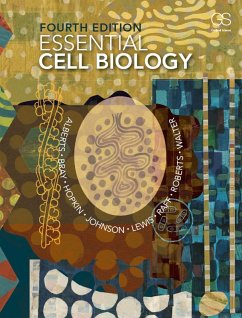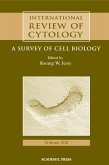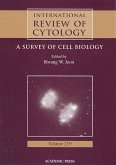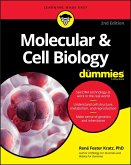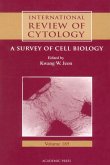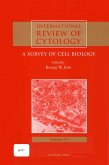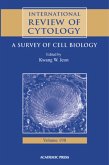The Fourth Edition has been thoroughly revised, and covers the latest developments in this fast-moving field, yet retains the academic level and length of the previous edition. The book is accompanied by a rich package of online student and instructor resources, including over 130 narrated movies, an expanded and updated Question Bank.
Essential Cell Biology, Fourth Edition is additionally supported by the Garland Science Learning System. This homework platform is designed to evaluate and improve student performance and allows instructors to select assignments on specific topics and review the performance of the entire class, as well as individual students, via the instructor dashboard. Students receive immediate feedback on their mastery of the topics, and will be better prepared for lectures and classroom discussions. The user-friendly system provides a convenient way to engage students while assessing progress. Performance data can be used to tailor classroom discussion, activities, and lectures to address students' needs precisely and efficiently. For more information and sample material, visit http://garlandscience.rocketmix.com/.
Dieser Download kann aus rechtlichen Gründen nur mit Rechnungsadresse in A, B, BG, CY, CZ, D, DK, EW, E, FIN, F, GR, HR, H, IRL, I, LT, L, LR, M, NL, PL, P, R, S, SLO, SK ausgeliefert werden.

